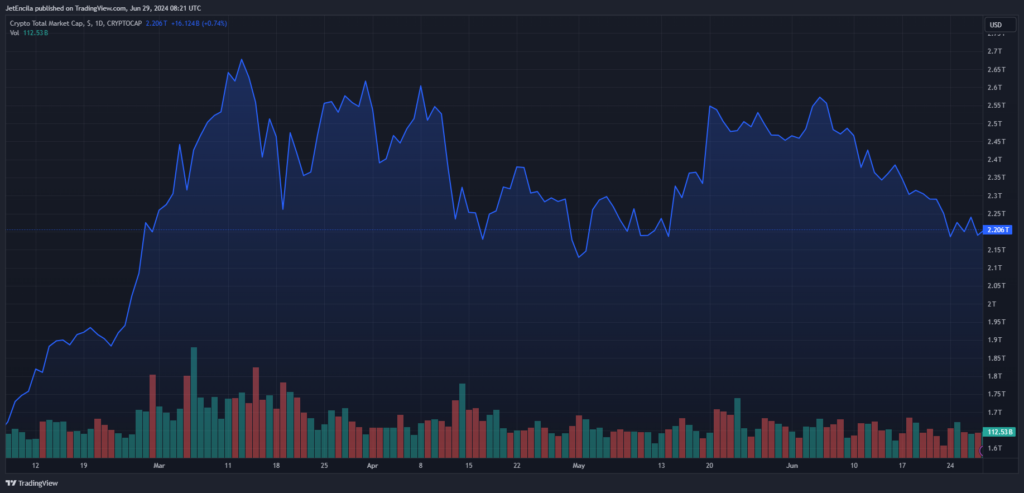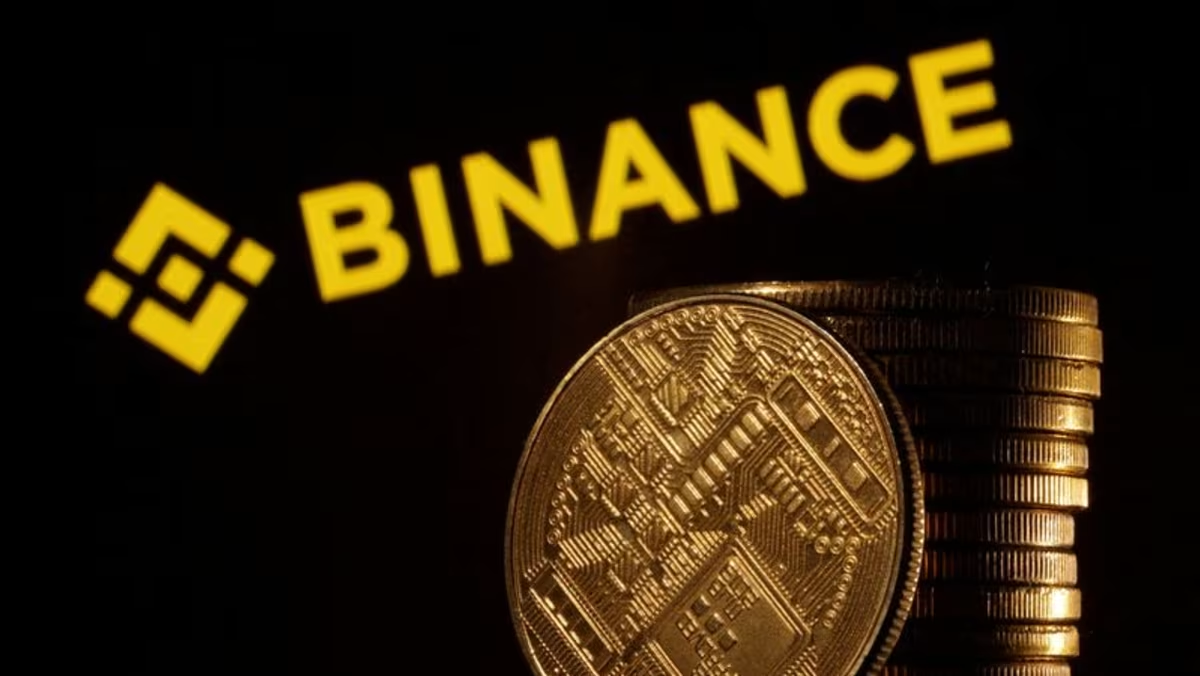Emomotimi Agama, Director-General of Nigeria’s SEC, signals a potential shift in the government’s strict stance on digital assets, indicating a gradual reconciliation with cryptocurrency
This development follows months of regulatory conflict, during which crypto colossus Binance was subjected to rigorous examination, service restrictions, and executive detention. The government’s initial strategy was to restrict the impact of cryptocurrency, citing concerns regarding investor protection and market manipulation.
The Allure of Crypto: A Benefit for the Unbanked?
Agama acknowledged the undeniable actuality of crypto’s presence in Nigeria during his remarks at a financial conference. He emphasized the estimated $400 million Nigerian crypto market and the astonishing statistic that more than one-third (33.4%) of Nigerians own or use cryptocurrencies.
Agama contended that this pervasive adoption presents an opportunity. Nigeria has a substantial unbanked population, with more than 38 million adults. The potential for efficient and cost-effective transfers in crypto could contribute to financial inclusion by simplifying remittance services for Nigerians who receive money from abroad.
According to Agama, bitcoin transactions have the potential to reduce remittance expenses by as much as 50%.

This newfound pragmatism is a clear departure from the government’s previous categorical opposition. According to analysts, Agama’s remarks may serve as a precursor to a more sophisticated regulatory framework that recognizes cryptocurrency’s potential advantages while acknowledging its dangers in the Nigerian financial sector.
Optimism Cautioned: Legal Obstacles Persist
The journey toward a crypto-friendly Nigeria is not without challenges, despite the change in tone. The industry’s future is clouded by the ongoing legal proceedings against a Binance executive on money laundering allegations. Furthermore, Nigerian investors continue to be subject to restrictions regarding their ability to access cryptocurrency websites.
These persistent concerns serve as a reminder that the government has not altogether renounced its cautious approach. The forthcoming months are expected to be characterized by a period of policy formulation and negotiation. The complete picture of Nigeria’s crypto future remains to be developed despite the glimmer of hope provided by the Securities and Exchange Commission Director’s remarks.
Nigeria’s evolving position on cryptocurrency indicates a more general trend in Africa. The continent is home to the world’s fastest-growing crypto market, fueled by a youthful, tech-savvy population and limited access to traditional financial services. Nevertheless, governments are confronted with the same challenges: the necessity for consumer protection, market volatility, and the potential for financial criminality.
Other African nations will intently monitor Nigeria’s eventual decision on crypto regulation. Will it adopt cryptography and establish a framework that encourages innovation? Or will it prioritize more stringent controls, which could stifle this emerging asset class? The future of African finance could be significantly influenced by the response to this query, which could have a ripple effect across the continent.



